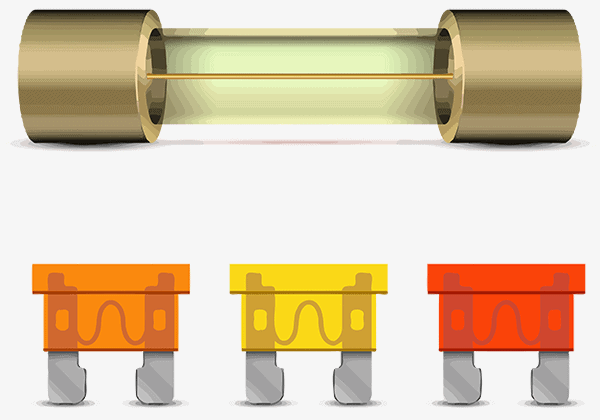
Electrical Fuse
What is an Electrical Fuse? To define a Fuse, it is an electrical safety device which is used to protect components, circuits and from the risk of fire and damage due to over current conditions. […]
DC Circuits are the basic building blocks of electronic projects. DC circuits may be power supply circuits, They also include electronic components like resistor, capacitor, diode, transistor etc. In this section you will learn DC circuit basics and DC electrical circuits used in electronics.

What is an Electrical Fuse? To define a Fuse, it is an electrical safety device which is used to protect components, circuits and from the risk of fire and damage due to over current conditions. […]
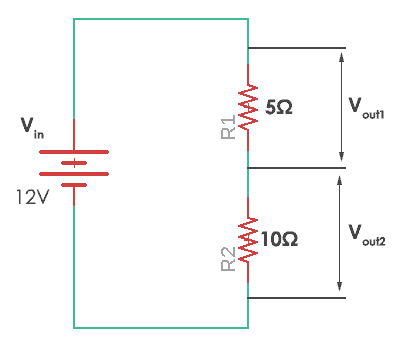
Voltage Divider and Current Divider are the most common rules applied in practical electronics. As you know, there are two types of combinations in a circuit, they are series and parallel connections. Parallel circuits are […]
Conductance, Temperature coefficient, resistivity and specific resistance are the properties of an electric conductor or any other material. They all can be understood by resistance. Resistance is the amount of obstruction in the flow of […]
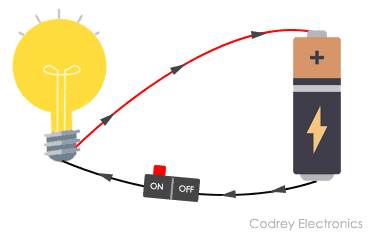
Electrical circuit is an interconnection of electrical components. An electrical circuit consists of batteries, resistors, inductors, capacitors, switches or transistors. An electrical network consists of a closed loop. A circuit is a closed path where […]
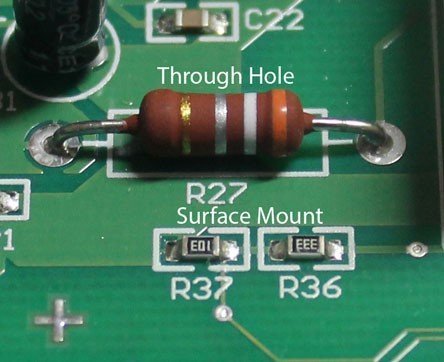
Resistors can be seen in almost all electronic circuits. There are many types of resistors and they can be divided into two groups namely fixed resistor and adjustable resistor (variable resistor). The main function of […]
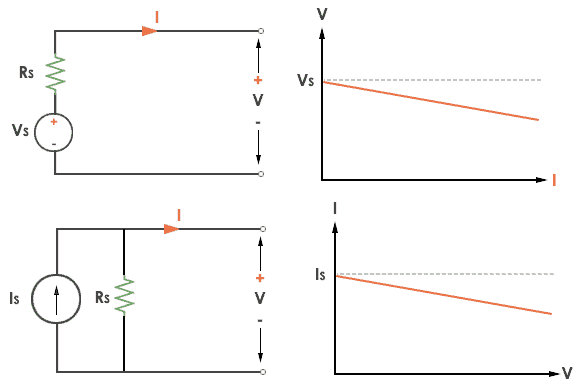
A source is a device which converts mechanical, chemical, thermal or some other form of energy to electrical energy. The types of sources available in the electrical network are the voltage source and the current […]
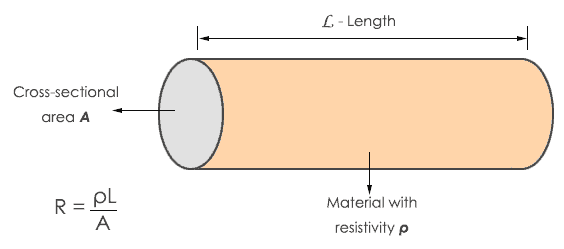
The electrical resistance of an electrical conductor is a measure of the difficulty to pass an electric current through that conductor. A conductor has free electrons randomly moving inside. When an electric potential is applied to it, the electrons collide […]
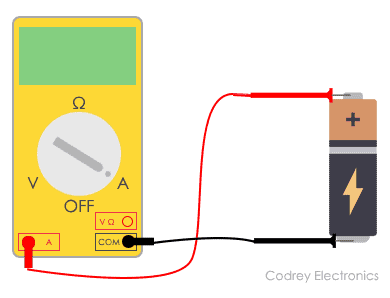
Current is the measure of the rate of flow of electric charges across the conductor. It is measured in the unit of Ampere. This current measurement in a circuit is mostly done by Ammeter. Ammeter […]
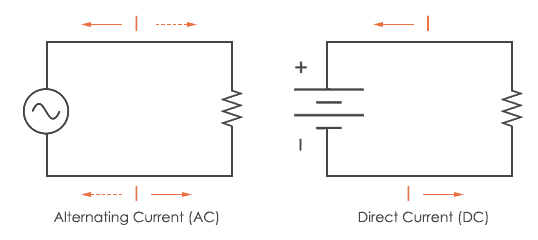
Electric current is the amount of electric charges that passes through a wire with respect to time. When battery is connected across a conductor, electrons move from negative terminal to positive terminal of battery. They […]
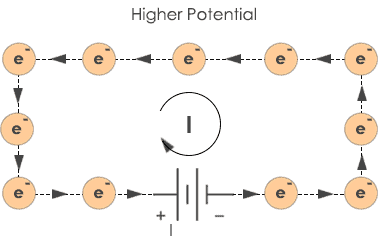
As you all know that an electric conductor has free electrons inside them, due to movement of these free electrons, current is produced and when we give them energy via connecting battery, the electrons move […]